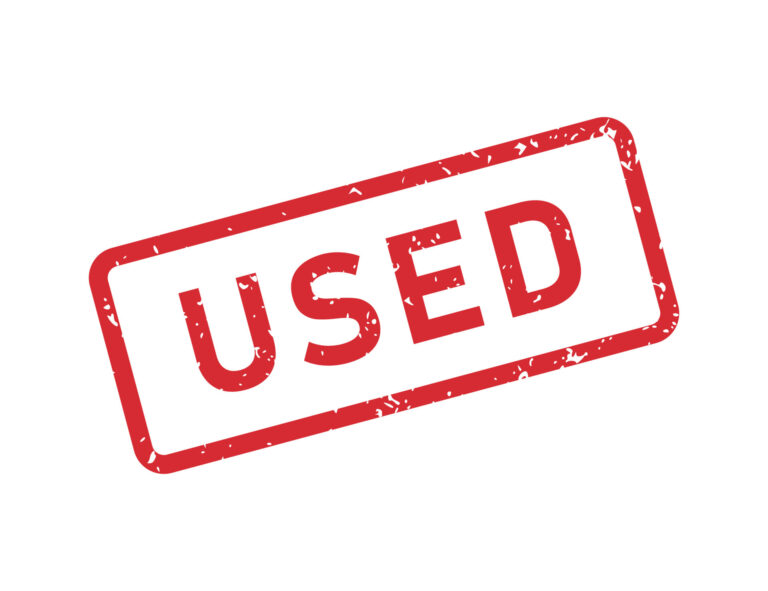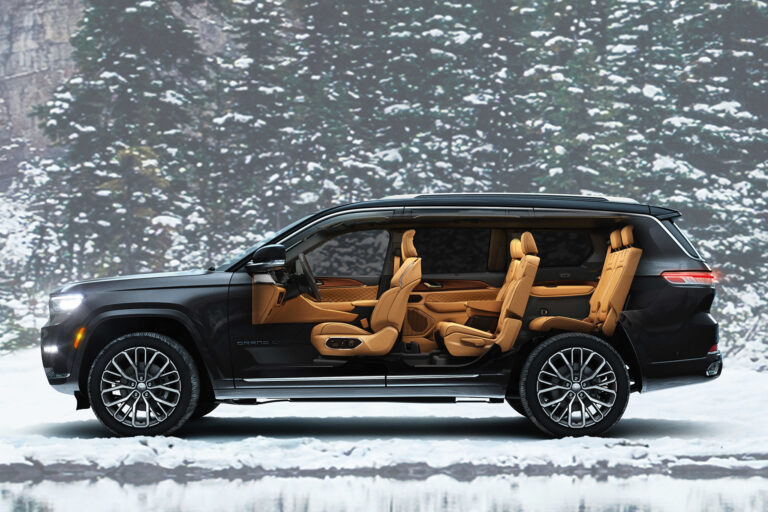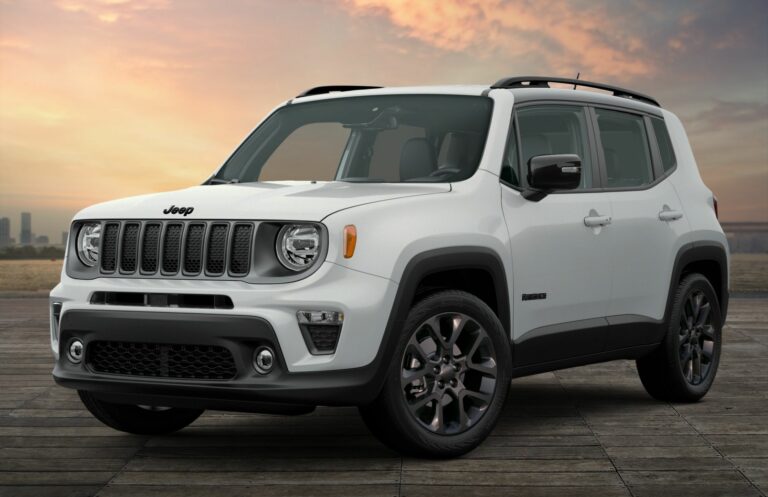2000 Jeep Rubicon For Sale: Decoding the Dream Machine
2000 Jeep Rubicon For Sale: Decoding the Dream Machine /jeeps.truckstrend.com
The phrase "2000 Jeep Rubicon For Sale" evokes a specific image for many off-road enthusiasts: a rugged, capable, and iconic vehicle ready to conquer the toughest trails. It suggests a factory-built legend, equipped with the best features for extreme adventure. However, for the discerning buyer, this particular listing presents a fascinating paradox. The truth is, a factory-produced 2000 Jeep Rubicon does not exist. The legendary Rubicon trim, with its specialized off-road enhancements, was first introduced by Jeep in 2003 for the TJ generation Wrangler.
So, what does it mean when you encounter a "2000 Jeep Rubicon For Sale"? It signifies one of two things: either a seller’s genuine misunderstanding of Jeep’s model history, or, far more excitingly, a highly customized 2000 Jeep Wrangler TJ that has been meticulously upgraded to meet, or even exceed, the capabilities of a factory Rubicon. This article will delve into this unique market segment, helping prospective buyers understand what they are truly looking at, what to expect, and how to navigate the purchase of such a unique and potentially incredible off-road machine.
2000 Jeep Rubicon For Sale: Decoding the Dream Machine
The Myth and the Reality: What is a "2000 Jeep Rubicon"?
To properly understand a "2000 Jeep Rubicon For Sale," one must first grasp the distinction between a standard TJ Wrangler and the factory Rubicon model.
The Genesis of the Rubicon:
The Jeep Wrangler TJ, produced from 1997 to 2006, revolutionized the Wrangler line with its coil-spring suspension, offering a vastly improved on-road ride while maintaining legendary off-road prowess. It quickly became a favorite for customization. Seeing the aftermarket trend, Jeep introduced the Rubicon package in 2003. This factory-tuned model came equipped with:
- Dana 44 front and rear axles: Stronger than the standard Dana 30 front and Dana 35 rear axles found on most TJs.
- Air-actuated Tru-Lok front and rear locking differentials: Providing true 4×4 capability by locking both wheels on an axle together.
- 4:1 low-range Rock-Trac transfer case: Offering a significantly lower crawl ratio for extreme off-roading compared to the standard 2.72:1 Command-Trac.
- Disconnecting front sway bar: Allowing for increased articulation off-road.
- Aggressive 31-inch tires.
- Diamond plate rock guards.

What a "2000 Jeep Rubicon For Sale" Truly Implies:
Given that the Rubicon package didn’t exist in 2000, a listing for a "2000 Jeep Rubicon For Sale" almost certainly refers to a custom-built 2000 Jeep Wrangler TJ. This means the vehicle has undergone significant modifications by previous owners to enhance its off-road capability, often aiming to replicate or surpass the features of a factory Rubicon. It might even be a well-maintained stock 2000 TJ where the seller mistakenly used the term "Rubicon" due to its association with extreme off-roading or perhaps the presence of a "Rubicon Express" brand lift kit, which is a common aftermarket component.
Why a 2000 TJ Wrangler (Customized) is Still a Great Buy
Despite the "Rubicon" misnomer, a 2000 Jeep Wrangler TJ, especially one that has been thoughtfully modified, remains an incredibly desirable vehicle for several reasons:
- Legendary 4.0L I6 Engine: The 2000 TJ comes standard with the venerable 4.0-liter inline-six engine, renowned for its bulletproof reliability, strong low-end torque, and ease of maintenance. It’s an engine that can easily rack up hundreds of thousands of miles with proper care.
- Ideal Platform for Modification: The TJ chassis is arguably one of the best platforms for off-road customization. Its robust design, excellent aftermarket support, and relatively simple mechanics make it a joy for enthusiasts to wrench on and upgrade.
- Coil Spring Comfort: Unlike its leaf-sprung YJ predecessor, the TJ’s coil-spring suspension offers a significantly more comfortable ride on pavement, making it a more viable daily driver for many.
- Classic Jeep Aesthetic: The TJ retains the classic, beloved round headlight and upright grille styling that defines the Wrangler, a look that many purists prefer over later generations.
- Strong Aftermarket Support: The sheer volume of available parts, accessories, and knowledge for the TJ Wrangler is immense, meaning you can always find components for repair or further upgrades.

Key Considerations When Looking at a "2000 Jeep Rubicon" (Customized TJ)
Purchasing any used vehicle requires due diligence, but a highly modified Jeep demands even closer scrutiny. When evaluating a "2000 Jeep Rubicon For Sale," focus on these critical areas:
- Rust, Rust, Rust: This is the TJ’s Achilles’ heel, especially in areas where salt is used on roads. Thoroughly inspect the frame (especially near the skid plate, control arm mounts, and rear spring perches), body mounts, floor pans, and fenders. Surface rust is manageable, but extensive frame rot is a deal-breaker.
- Quality of Modifications: Not all modifications are created equal.
- Axles: Are they factory Dana 30/35, upgraded Dana 44s (from a Rubicon, or aftermarket), or heavy-duty aftermarket axles (e.g., Currie, Dynatrac)? Confirm the presence and functionality of any lockers.
- Lift Kit: What brand is it? Is it a cheap spacer lift or a full suspension system with control arms, shocks, and springs? Inspect the quality of welds, bushings, and the overall installation. Poorly installed lifts can lead to handling issues and premature wear.
- Gearing: If larger tires are installed, has the axle gearing been changed to match? Incorrect gearing will lead to poor performance, fuel economy, and transmission strain.
- Transfer Case: Is it the stock NP231 (likely with a Slip Yoke Eliminator (SYE) kit if lifted) or an upgraded unit like an Atlas?
- Electrical System: Aftermarket lighting, winches, and accessories can strain the electrical system. Check for clean wiring, proper fusing, and no exposed wires. A messy electrical setup is a red flag.
- Engine and Drivetrain Health:
- 4.0L Engine: Check for leaks (oil, coolant), listen for unusual noises (knocks, ticking), and observe exhaust smoke. A well-maintained 4.0L should run smoothly.
- Transmission: Test all gears, check for smooth shifts (manual or automatic), and look for fluid leaks.
- Driveshafts and U-joints: Inspect for play or excessive wear.
- Documentation and History: Ask for receipts for all modifications and maintenance records. This provides invaluable insight into the vehicle’s history, the quality of parts used, and the diligence of previous owners.
- Seller’s Honesty: Clarify what the seller means by "Rubicon." Are they aware it’s a modified TJ? Their transparency (or lack thereof) can tell you a lot.
- Pre-Purchase Inspection (PPI): Always, always, always get a PPI from an independent mechanic specializing in Jeeps or off-road vehicles. They can identify issues you might miss and assess the quality of the modifications.
What Upgrades to Look For (If It’s a Custom Build)
If you’re looking at a "2000 Jeep Rubicon" that is indeed a custom build, here are some desirable upgrades that add significant value and capability:
- Heavy-Duty Axles: Dana 44s (front and rear), or even more robust aftermarket options like Currie, G2, or Dynatrac axles.
- Selectable Lockers: ARB Air Lockers, Eaton E-Lockers, or Detroit Lockers (though Detroit lockers are full-time and have on-road quirks).
- Quality Suspension System: Full spring and shock replacement kits from reputable brands like Old Man Emu, Currie, Clayton Off-Road, BDS, or Rock Krawler, ideally with adjustable control arms.
- Correct Gearing: Axle re-gearing (e.g., 4.56, 4.88, or 5.13) to match larger tires (33" or 35").
- Slip Yoke Eliminator (SYE) and CV Driveshaft: Essential for lifted TJs to prevent driveline vibrations.
- Aftermarket Transfer Case: Such as an Atlas II or Atlas 4-speed, offering superior strength and gear ratios.
- Body Armor: Heavy-duty bumpers (front and rear), rock sliders, skid plates for the engine, transmission, and transfer case.
- Winch: A reliable winch is a must-have for serious off-roading.
- Interior Enhancements: Aftermarket seats (Corbeau, PRP), roll cage additions, CB radio, and improved stereo systems can enhance comfort and safety.
Pricing and Value – The "2000 Jeep Rubicon" Market
The pricing of a "2000 Jeep Rubicon For Sale" is highly subjective and depends almost entirely on the quality, extent, and type of modifications, as well as the overall condition of the base vehicle. It’s crucial to understand that aftermarket parts generally do not add dollar-for-dollar value to a vehicle’s resale price. However, a well-built, tasteful, and functional setup can command a premium over a stock TJ.
Factors Influencing Price:
- Overall Condition: Rust-free frames, strong engines, and clean interiors will always fetch higher prices.
- Quality of Modifications: Reputable brand-name parts installed professionally add more value than cheap, generic, or poorly installed components.
- Mileage: Lower mileage typically translates to higher prices, though the 4.0L engine’s longevity makes high-mileage TJs still viable.
- Maintenance History: Comprehensive records instill confidence.
- Location: Market demand can vary regionally.
Here’s a generalized price table to give you an idea, but these are highly variable estimates:
| Category | Condition | Estimated Price Range (USD) | Key Factors Influencing Price





